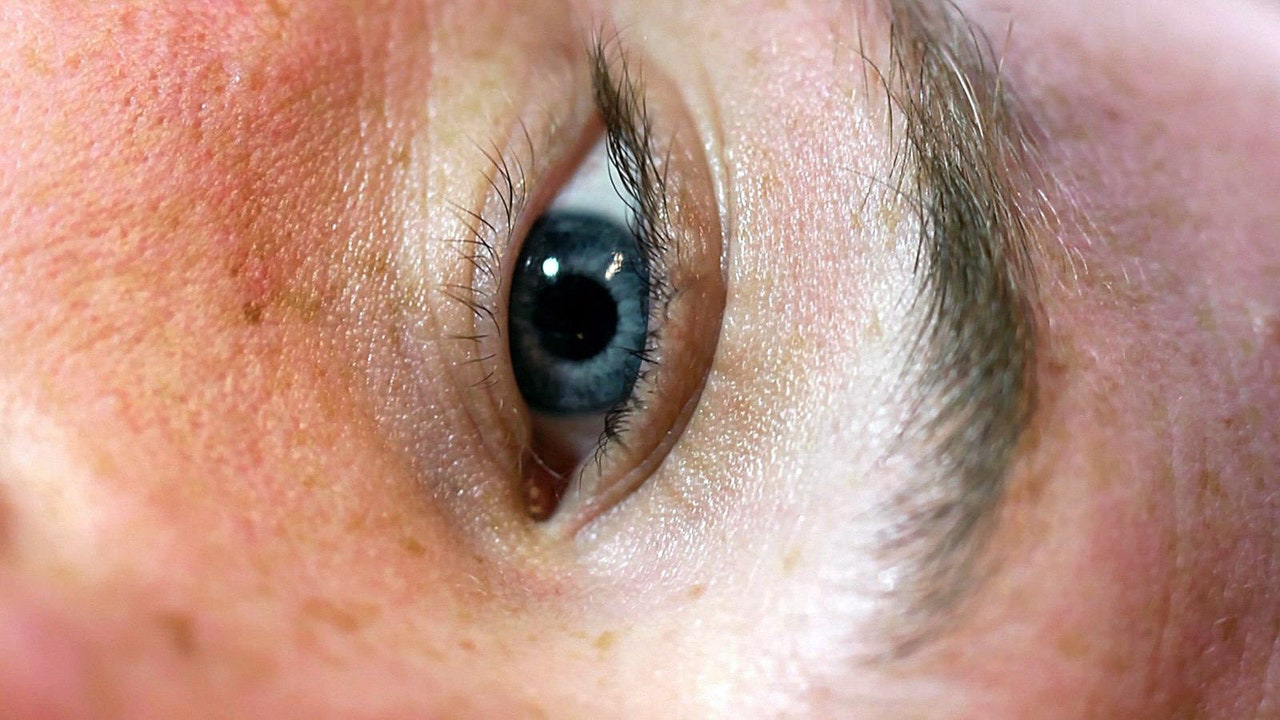The eye can be our best ally to combat some diseases. New scientific research has just discovered details in the eye that may help detect certain diseases.
this is study demonstrates that retinal thinning in middle age is potentially related to cognitive performance. Researchers have gone so far as to support the idea that eye tests can help predict disease riskAlzheimer’s disease.
Alzheimer’s disease is a neurodegenerative disease characterized by progressive loss of memory and some cognitive functions. This disease affected nearly 50 million people worldwide in 2015, and is the leading cause of dementia. By 2050, more than 152 million people could have this disease. Today, there is still no effective treatment for Alzheimer’s disease, but with this study, there will certainly be hope that it will be detected early.
“As we are unable to treat advanced Alzheimer’s disease and its global prevalence is increasing, it is really important to be able to identify people in stadium preclinical and may even get a chance to intervene,” says Ashley Barrett-Young, a health researcher at the University of Otago in New Zealand who conducted the study.
The eye: a way to detect Alzheimer’s disease?
The eye is a window to brain Many studies have already shown to what extent this organ can help us with our health. The brain can be analyzed through the retina and this can give a lot of information. a study Conducted several years ago, showed that people with beta-amyloid proteins in the retina, a sign of Alzheimer’s disease, also had a thinner-than-average retina.
A 2018 study also provided new information, revealing that Alzheimer’s disease could be linked to three eye diseases. However, it also shows that this disease can come from many other factors.
A long but promising study
Ashleigh Barrett-Young’s study followed the lives of more than 1,000 children from the early 1970s to the present day in New Zealand. The researchers selected a subset of 865 adults who had an eye exam — a test for early diagnosis of certain diseases — at age 45, but who also had neuropsychological testing in childhood and later in adulthood.
This analysis was able to demonstrate that participants with thinner retinal layers failed cognitive performance tests. However, there is no relationship between retinal thinning and decreased cognitive performance. Researchers explain that retinal thinning from the age of 45 is often associated with a reduced speed of brain processing, so it is not necessarily associated with Alzheimer’s disease.
Many studies on this issue will still be required to obtain a more comprehensive overview of this issue. Then researcher Ashley Barrett-Young concludes the analysis that “in the future, these findings could lead to the use ofartificial intelligence To conduct tests and determine the risk of Alzheimer’s disease.”

“Subtly charming problem solver. Extreme tv enthusiast. Web scholar. Evil beer expert. Music nerd. Food junkie.”

